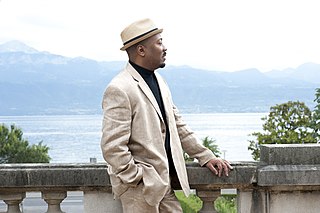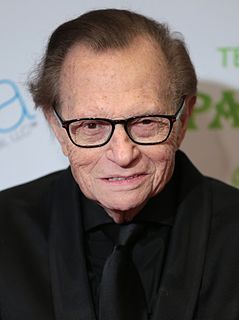A Quote by Friedrich Nietzsche
I admire the courage and wisdom of Socrates in everything he did, said--and did not say.
Quote Topics
Related Quotes
The world is wrong. You can't put the past behind you. It's buried in you; it's turned your flesh into its own cupboard. Not everything remembered is useful but it all comes from the world to be stored in you. Who did what to whom on which day? Who said that? She said what? What did he just do? Did she really say that? He said what? What did she do? Did I hear what I think I heard? Did that just come out of my mouth, his mouth, your mouth? Do you remember when you sighed?
[Short Talk on Sylvia Plath] Did you see her mother on television? She said plain, burned things. She said I thought it an excellent poem but it hurt me. She did not say jungle fear. She did not say jungle hatred wild jungle weeping chop it back chop it. She said self-government she said end of the road. She did not say humming in the middle of the air what you came for chop.
You said, 'I love you.' Why is it that the most unoriginal thing we can say to one another is still the thing we long to hear? 'I love you' is always a quotation. You did not say it first and neither did I, yet when you say it and when I say it we speak like savages who have found three words and worship them. I did worship them but now I am alone on a rock hewn out of my own body.
You say that your fare told you that he was a detective?" "Yes, he did." "When did he say this?" "When he left me." "Did he say anything more?" "He mentioned his name." Holmes cast a swift glance of triumph at me. "Oh, he mentioned his name, did he? That was imprudent. What was the name that he mentioned?" “His name," said the cabman, "was Mr. Sherlock Holmes.
And we could have all this,' she said. 'And we could have everything and every day we make it more impossible.' 'What did you say?' 'I said we could have everything.' 'We can have everything.' 'No, we can't.' 'We can have the whole world.' 'No, we can't.' 'We can go everywhere.' 'No, we can't. It isn't ours anymore.' 'It's ours.' 'No, it isn't. And once they take it away, you never get it back.
The love of wisdom is a way of life; that is to say, it's a set of practices that have to do with mustering the courage to think critically about ourselves, society, and the world; mustering the courage to empathize; the courage, I would say, to love; the courage to have compassion with others, especially the widow and the orphan, the fatherless and the motherless, poor and working peoples, gays and lesbians, and so forth - and the courage to hope.
We should realize that, if [Socrates] demanded that the wisest men should rule, he clearly stressed that he did not mean the learned men; in fact, he was skeptical of all professional learnedness, whether it was that of the philosophers or of the learned men of his own generation, the Sophists. The wisdom he meant was of a different kind. It was simply the realization: how little do I know! Those who did not know this, he taught, knew nothing at all. This is the true scientific spirit.










































